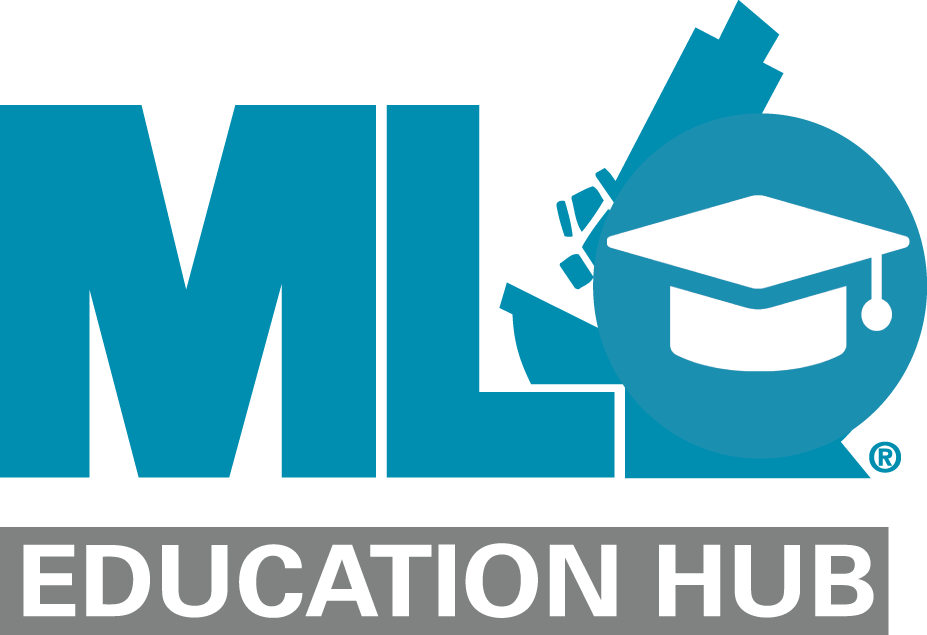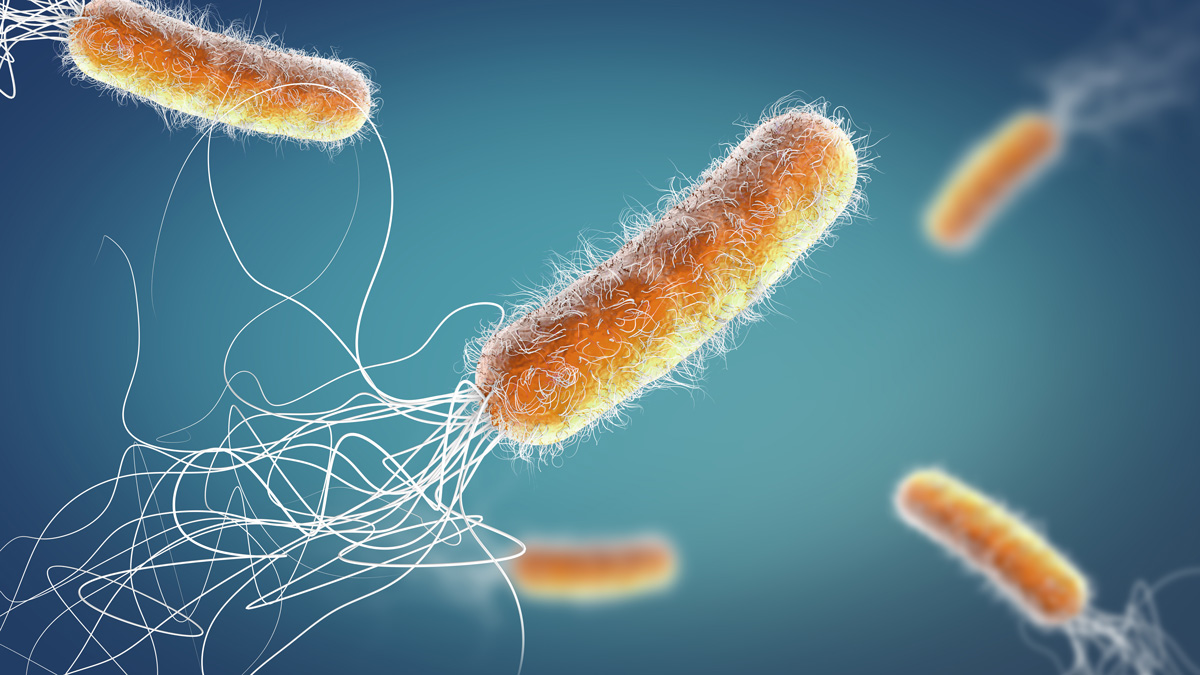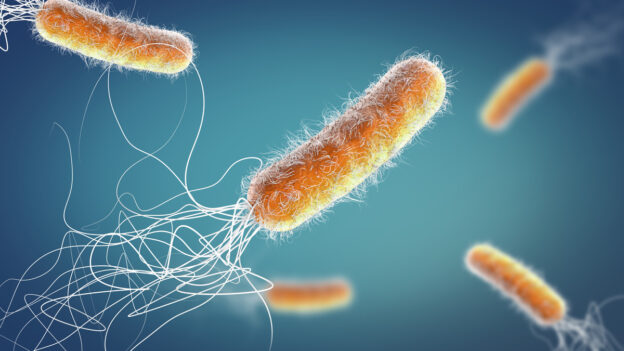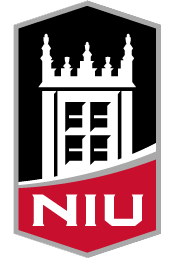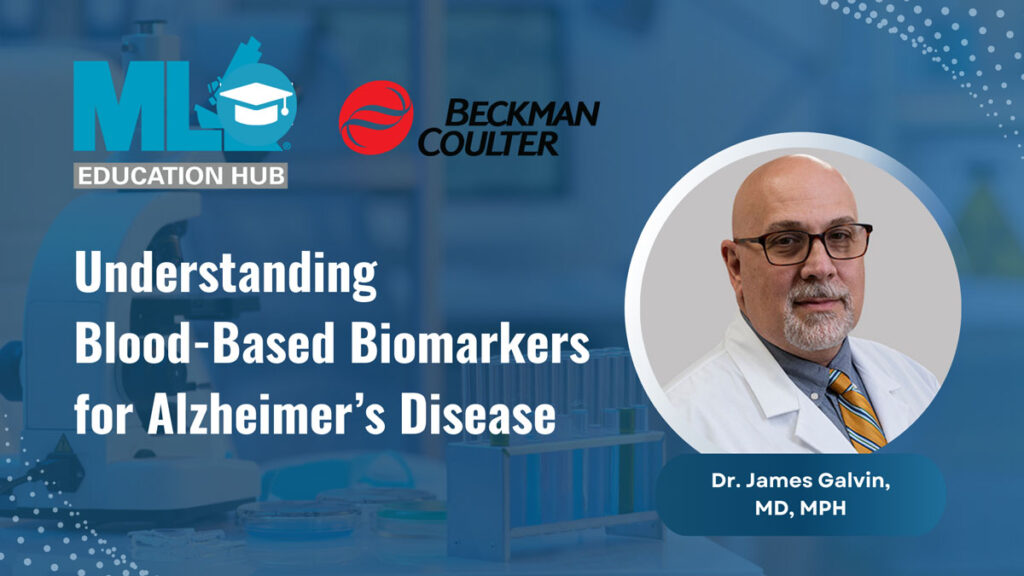By Chris Gardner
LEARNING OBJECTIVES
Upon completion of this article, the reader will be able to:
- Discuss statistics and factors that lead to bloodstream infections.
- Describe the limitations of culture-based testing of bloodstream infections.
- Discuss best treatment algorithms for suspected bloodstream infections.
- List and describe molecular-based testing for bloodstream infections, including their main advantages over culture-based testing.
About the Author
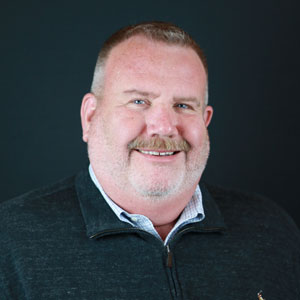
Chris Gardner is Director of Product Marketing at Luminex, a DiaSorin company, responsible for gastrointestinal, blood culture, and other infectious disease tests. He has extensive experience in molecular diagnostics for a wide range of healthcare applications.
Photo credit: Illustration by Christoph Burgstedt @ shutterstock.com
